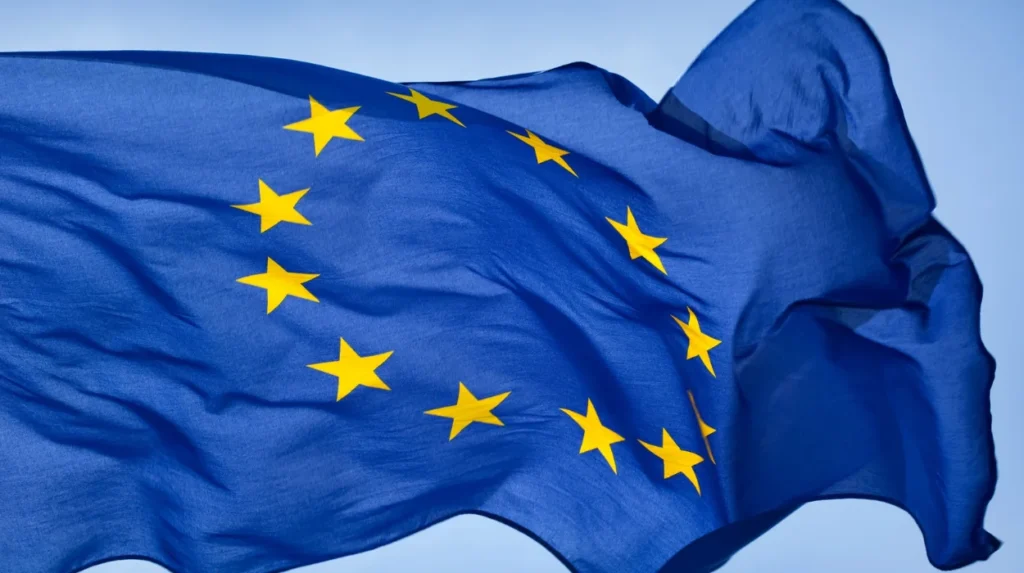The rise of mandatory national registers for interest representation in the EU marks a crucial evolution in transparency and democratic accountability within European governance. Lobbying, long viewed with suspicion and often lacking consistent regulation, is now being systematically brought into the open through enforceable disclosure mechanisms. This shift reflects broader efforts across Europe to ensure that citizens can see which interests influence policy decisions, thereby making the political process more accessible and trustworthy.
The Growing Importance of Lobbying Transparency in Europe
Lobbying is an integral part of democratic governance, enabling businesses, civil society organizations, and other interest groups to communicate perspectives and influence policy. However, without proper regulation, lobbying can lead to unequal access, undue influence, and even corruption, undermining public trust in political systems.
Europe has witnessed rapid expansion in lobbying activities, particularly in Brussels, where thousands of lobbyists engage with EU institutions. According to Transparency International EU, approximately 48,000 professionals are involved in lobbying in Brussels alone, with around 12,000 organizations registered as lobbyists. These groups collectively spend billions annually to influence legislation, policies, and regulation across diverse sectors, ranging from digital services to environmental policy.
Despite the scale of these activities, lobbying in the EU has historically been governed by voluntary or fragmented systems, often lacking uniform enforcement or comprehensive legal frameworks. This patchwork approach created inconsistencies, allowing some actors to escape disclosure and accountability, which has intensified calls for mandatory transparency requirements.
What Are Mandatory National Registers for Interest Representation?
Mandatory national registers refer to legally binding public databases where lobbyists must disclose their identities, activities, funding sources, and objectives. Unlike voluntary registers, which many actors can avoid without penalty, mandatory registers compel compliance through national legislation, backed by enforcement and oversight mechanisms.
The EU’s push toward mandatory registers aims to harmonize these requirements across member states and EU institutions. Currently, only 16 member states have some form of regulation addressing lobbying transparency, leading to market distortions and uneven accountability. Lobbyists may target jurisdictions with weaker rules to evade disclosure, undermining regulatory efforts.
The new framework envisions interconnected national registers maintained by independent authorities in each member state. These registers collectively form a transparent system where data on lobbying activities are centralized and accessible to the public, media, and oversight bodies. This connectivity is critical to track cross-border lobbying efforts, which are increasingly prevalent in the integrated EU political market.
The Transition From Voluntary to Mandatory Transparency
Since 2011, the EU has operated a voluntary Transparency Register jointly managed by the European Parliament and the European Commission. This register was a pioneering attempt to shine light on interest representation but faced critical limitations. Many influential lobbyists declined registration, leaving gaps in coverage and undermining transparency goals.
Recognizing these shortcomings, the European Commission proposed making registration mandatory for entities hoping to access key EU institutions. Although progress was slow and contested, the directive for mandatory national registers reflects the growing consensus that transparency cannot be voluntary to be effective.
Mandatory registers bolster public confidence by providing:
- Clear disclosure of lobbyists’ identities and activities
- Detailed breakdowns of financial expenditures and sources
- Information about specific policy areas targeted by lobbying
- Enforcement of regular updates and penalties for non-compliance
Data Insights: Who Is Lobbying and How Much?
European lobbying is dominated by a few key countries and sectors, with Belgium, Germany, France, and the United Kingdom accounting for over half of registered interest representatives. Out of the nearly 12,500 registrants in the EU Transparency Register, about 91% have headquarters within the EU, reflecting the local focus of many lobbying efforts.
In terms of spending, lobbying expenditures exceeded €2 billion over recent periods, with the majority of funds flowing from within the EU. Top spenders include major economies like Germany and Italy, as well as influential non-EU states such as the United States, Switzerland, and China. Non-EU companies contribute about 43% of the total costs, underscoring the significant role of external actors seeking influence within European policymaking.
Large technology firms are among the most active and well-funded lobbyists. Google, for instance, increased its Brussels lobbying budget by more than 350% over recent years, while Apple quadrupled its expenditure. These companies prioritize policies on the digital single market, data privacy, and emerging regulatory frameworks like the Digital Services Act.
Public Benefits of Increased Lobbying Transparency
Mandatory registers serve not only institutional and legal interests but also broader societal goals. By enabling citizens to track who influences policymaking, registers:
- Promote democratic legitimacy by enhancing openness
- Empower media and watchdogs to hold lobbyists accountable
- Assist policymakers by highlighting vested interests and potential conflicts
- Encourage ethical lobbying by deterring covert or corrupt practices
Transparency also supports compliance with broader governance principles upheld by organizations such as the OECD and UNESCO, which emphasize accountability and citizen participation as pillars of sustainable development.
Challenges in Implementing Mandatory Registers
Despite their promise, mandatory registers face implementation hurdles:
- Variations in national legislation and capacities may delay harmonization
- Some lobbyists may seek loopholes or avoid registration through indirect channels
- Balancing transparency with protection of confidential business information requires nuanced rules
- Ensuring registers are user-friendly and publicly accessible to maximize impact
Member states will need to invest in independent authorities equipped to verify information, enforce compliance, and maintain updated databases. Cooperation among national regulators and the European Commission is essential to realize an integrated, effective system.
The Role of Integrity Mechanisms and Ethical Standards
Besides disclosure, the EU’s approach to interest representation includes codes of conduct and integrity mechanisms aimed at promoting ethical lobbying. These frameworks encourage responsible behavior, such as avoiding conflicts of interest, refraining from offering gifts or inducements, and ensuring accurate communication with policymakers.
Implementing these codes alongside mandatory registers reinforces trust by ensuring that transparency goes hand-in-hand with ethical standards, safeguarding democratic processes from manipulation.
Lobbying in Context: Policy Impact and Societal Relevance
Lobbying is not inherently negative; it can facilitate informed policymaking by providing expert knowledge and representing diverse societal interests. In Europe, lobbying has contributed to shaping landmark policies on digital services, environmental protection, and public health all essential for sustainable development and economic growth.
The COVID-19 pandemic, for example, challenged governments to adopt urgent policies that balanced public health, digital transformation, and economic recovery. Effective lobbying helped highlight sectoral needs and steer appropriate responses, and transparency ensured these efforts were visible and accountable.
How Mandatory Registers Can Evolve EU Democracy
The advancement of mandatory national registers reflects a maturation of EU democracy, reinforcing the principle that political influence should be visible and accountable. As citizens demand greater openness in governance, these registers help bridge the gap between complex decision-making processes and public understanding.
In turn, this fosters a culture where lobbying is recognized as a legitimate force for representing interests, provided it occurs with honesty and transparency. This evolution supports a healthier democratic ecosystem, where diverse stakeholders can engage fairly and constructively in policymaking.
The rise of mandatory national registers for interest representation in the EU represents a transformative development in the transparency and regulation of lobbying. These registers institutionalize accountability, providing citizens and policymakers insight into who shapes EU policies and with what resources. By harmonizing disclosure requirements across member states and integrating national registers, the EU addresses longstanding gaps in its oversight of lobbying activities.
Despite challenges ahead, such as implementing consistent enforcement and safeguarding confidential information, mandatory registers remain a cornerstone for strengthening democratic governance. As lobbying continues to evolve in a globalized political landscape, ensuring openness and integrity is vital for building public trust and a more inclusive, transparent European Union.







